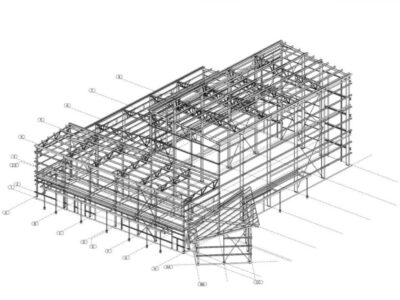Selling your home is exciting—and a bit nerve-wracking. Between the open houses, negotiations, and endless paperwork, it’s easy to overlook one of the most important details: taxes on selling a house. But don’t worry, with a little guidance, you can navigate this process like a pro and keep more of your profits where they belong—in your pocket.
What Are Taxes on Selling a House?
When you sell your home, you might be surprised to learn that Uncle Sam wants a piece of the action. The profit you make from the sale—known as capital gains—can be taxed. However, the tax code is actually pretty generous to homeowners, especially if you’ve lived in the house for a while.
- The Good News: Home Sale Exclusions
One of the biggest perks for homeowners is the capital gains exclusion. If you’ve lived in your house as your main home for at least two of the last five years, you can exclude up to $250,000 of profit from your taxes if you’re single, or $500,000 if you’re married and filing jointly. That’s a huge relief for most families and means you might not owe any taxes at all on your sale.
Do You Qualify for the Exclusion?
To take advantage of this exclusion, you have to meet a couple of simple rules. First, you must have owned the home for at least two years. Second, you must have lived in it as your primary residence for at least two of the last five years. These years don’t have to be back-to-back, so even if you rented it out for a while, you might still qualify.
If you’re married, both you and your spouse need to meet the residency requirement to claim the full $500,000 exclusion. If only one of you meets it, you’ll have to use the $250,000 exclusion instead.

What If You Don’t Qualify?
Sometimes life gets in the way. Maybe you had to move for a job or due to health issues. In these cases, you might still qualify for a partial exclusion. The IRS understands that life isn’t always predictable, so they give you a break if you have a valid reason for selling early.
If you don’t qualify for any exclusion, the profit you make from the sale is taxed as a capital gain. The rate depends on how long you’ve owned the home and your income. Short-term gains (less than a year) are taxed as ordinary income, while long-term gains (more than a year) are taxed at lower rates.
Special Situations and Handy Tips
Every home sale is unique. If you inherited your home, the tax rules are a bit different. The “cost basis” of the home is usually stepped up to its value at the time of inheritance, which can reduce your taxable gain.
If you went through a divorce and ended up with the house, you can count the time your ex-spouse owned and lived in the home toward the two-year requirement. If you’re a surviving spouse, you might still be able to claim the full $500,000 exclusion if you sell within two years of your spouse’s death and haven’t remarried.
Keeping detailed records of home improvements is always a smart move. These costs can be added to your home’s original purchase price, reducing your taxable profit.
Clearing Up Common Myths
There are a lot of myths out there about taxes on selling a house. For example, you don’t have to buy another home to avoid paying taxes on your profit. That rule changed years ago, so you can use your money however you like. Also, if you sell your home at a loss, you can’t deduct that loss from your taxes—sorry, no silver lining there.
Final Thoughts
Understanding taxes on selling a house is a key part of the home-selling process. With a little planning and some simple record-keeping, you can make the most of your sale and avoid any nasty tax surprises. If your situation is complicated, it’s always a good idea to talk to a tax professional. But for most homeowners, the rules are straightforward and designed to help you keep more of your hard-earned money. So go ahead, celebrate your sale—you’ve earned it!











Comments